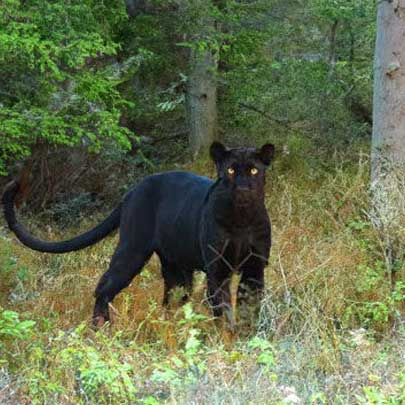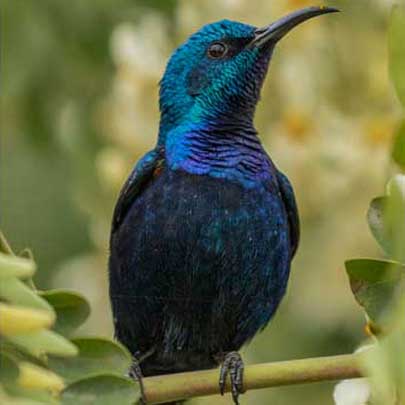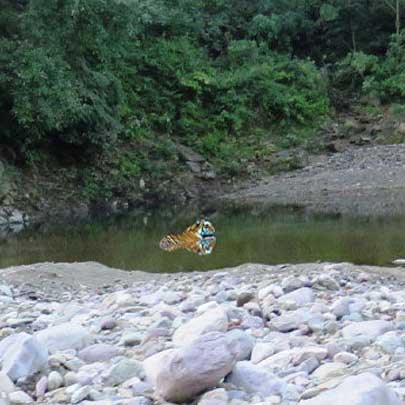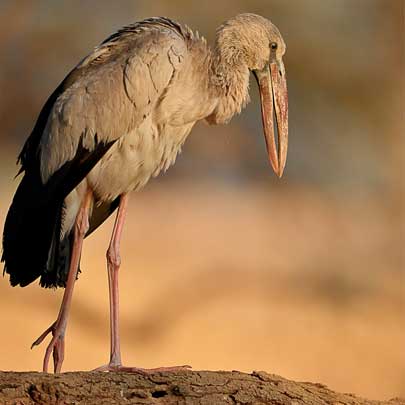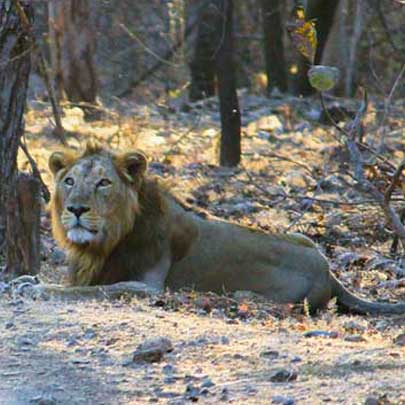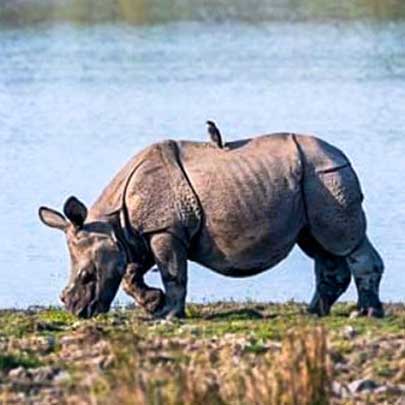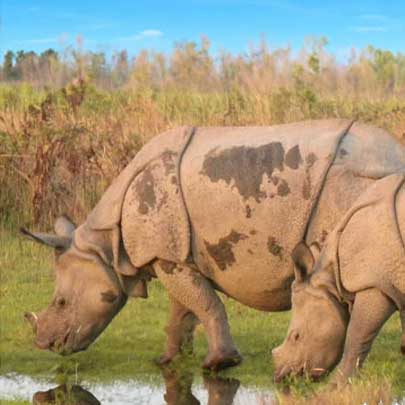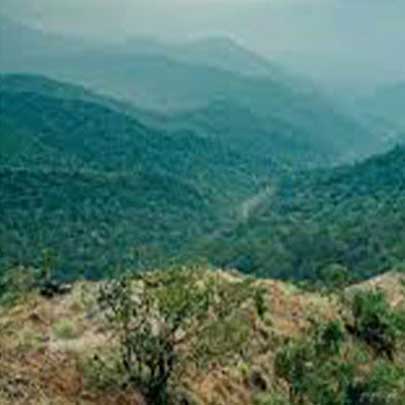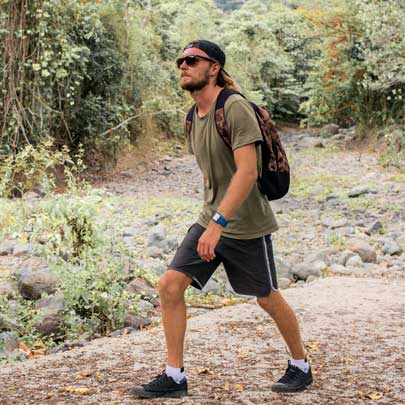The Benefits of Nature Travel for Mental Health
The Benefits of Nature Travel for
Mental Health
In today's fast-paced, digitally driven world, it's easy to feel overwhelmed, anxious, or mentally exhausted. As mental health issues continue to rise globally, people are turning to alternative solutions beyond therapy and medication. One increasingly popular and effective approach is nature travel—a type of travel that immerses individuals in natural settings, far from the chaos of urban life.
From boosting mood to reducing anxiety, the benefits of nature travel for mental health are profound and scientifically backed. In this blog post, we’ll explore why spending time in nature is vital for your psychological well-being, the science behind ecotherapy, and how organizations like Wildlense Eco Foundation are helping promote sustainable, nature-based travel experiences.
What is Nature Travel?

Nature travel, also known as eco-tourism or green travel, involves visiting natural areas to experience wildlife, landscapes, and outdoor activities while minimizing your environmental impact. Unlike traditional tourism, which often centers around urban sightseeing or luxury resorts, nature travel brings you closer to forests, mountains, rivers, and national parks.
Popular forms of nature travel include:
-
Hiking and trekking in forests and hills
-
Wildlife safaris and bird watching
-
Camping under the stars
-
Nature photography trips
-
Sustainable travel programs and eco-volunteering
Why Nature Travel Is Good for Mental Health
1. Reduces Stress and Anxiety
Nature has a calming effect on the human brain. A walk through a forest, sitting by a river, or watching wildlife can instantly lower cortisol levels, the stress hormone. Studies have shown that spending at least 120 minutes a week in nature significantly reduces anxiety symptoms and promotes a feeling of relaxation.
2. Boosts Mood and Emotional Well-being
Natural environments trigger the release of dopamine and serotonin, the "feel-good" hormones. Nature travel helps people reconnect with themselves and their surroundings, lifting spirits and improving overall mood. Whether it's the sound of rustling leaves or the sight of a breathtaking landscape, the sensory experiences offered by nature are inherently healing.
3. Enhances Focus and Creativity
Digital overload and urban living often lead to mental fatigue and lack of focus. Nature offers a remedy by giving the brain a chance to rest and reset. This concept is known as Attention Restoration Theory (ART), which states that natural environments improve concentration, creativity, and cognitive function.
4. Improves Sleep Quality
Exposure to natural light during the day and minimal artificial lighting at night can help reset your circadian rhythm. Activities like hiking or kayaking are physically engaging and help the body wind down at night, leading to better sleep quality—a crucial factor in maintaining mental health.
5. Encourages Mindfulness and Presence
Nature travel naturally encourages mindfulness. Without the constant distractions of screens and urban noise, you're more likely to engage with your surroundings, live in the present moment, and experience a state of mental clarity.
The Science Behind Nature and Mental Health

Numerous scientific studies have supported the connection between nature and mental well-being:
-
A 2015 Stanford study found that people who walked in natural settings showed decreased activity in the brain area linked to depression.
-
The University of Michigan found that nature walks are associated with lower depression scores and enhanced memory function.
-
A Japanese study on Shinrin-yoku (forest bathing) revealed that spending time in forests reduces blood pressure, improves mood, and strengthens the immune system.
These findings indicate that nature travel is more than just a luxury—it’s a necessity for mental balance.
Wildlense Eco Foundation: Leading the Way in Sustainable Nature Travel

One organization making significant strides in eco-conscious travel is the Wildlense Eco Foundation. Based in India, this NGO is dedicated to promoting wildlife conservation, eco-tourism, and community engagement through thoughtfully curated travel experiences in natural environments.
What Makes Wildlense Unique?
-
Sustainable Tourism Initiatives: They organize eco-tours that prioritize minimal environmental impact while offering authentic nature experiences.
-
Wildlife Safaris and Education: Wildlense offers guided safaris and nature treks, focusing on educating travelers about local ecosystems and conservation.
-
Local Community Involvement: The foundation actively involves tribal and rural communities, offering employment and encouraging eco-friendly practices.
-
Nature for Wellness Programs: They promote mental wellness through nature retreats, forest therapy, and digital detox journeys.
By combining mental health awareness with sustainable travel, Wildlense Eco Foundation is empowering people to reconnect with the Earth and themselves.
Top Nature Travel Destinations for Mental Health Recovery

If you're ready to take the plunge into nature travel, here are some top destinations known for their serene beauty and healing vibes:
1. Jim Corbett National Park, India
Perfect for wildlife safaris and quiet retreats amidst lush greenery.
2. Rishikesh and the Himalayas
A hub for mindfulness, yoga, and scenic treks.
3. Sundarbans, West Bengal
Explore mangrove forests while disconnecting from the outside world.
4. Pachmarhi Biosphere Reserve
A less crowded nature retreat with waterfalls, caves, and rare flora.
5. Tadoba Andhari Tiger Reserve
Home to tigers, leopards, and beautiful teak forests—an ideal escape for wildlife lovers.
Many of these locations are part of Wildlense Eco Foundation’s curated travel programs, ensuring a balanced experience of adventure and introspection.
Tips to Maximize Mental Health Benefits During Nature Travel

-
Unplug completely: Avoid using your phone unless necessary. Disconnect to reconnect.
-
Practice mindful breathing while observing nature.
-
Engage in journaling or sketching to reflect on your experiences.
-
Limit structured activities—give yourself space to explore freely.
-
Travel with intention, not just for fun, but for healing.
Nature Travel is More Than a Vacation—It's Therapy
In a time when mental health awareness is growing but access to care can be limited, nature travel offers an affordable and impactful alternative. It’s a return to simplicity, silence, and self-reflection—elements often missing in our modern lives.
Thanks to pioneers like Wildlense Eco Foundation, more people are discovering the transformative power of the wilderness. Whether you're battling burnout, seeking clarity, or simply need a break from routine, a journey into nature might be just what your mind and soul need.
Final Thoughts
The link between nature and mental health is undeniable. Traveling through forests, observing wildlife, and breathing in fresh mountain air are not just enjoyable—they're essential for emotional balance and psychological well-being.
As the demand for meaningful and sustainable experiences grows, nature travel is no longer a niche—it's a necessity. Organizations like Wildlense Eco Foundation are paving the way by offering responsible travel opportunities that heal both the traveler and the planet.
If you’re looking to enhance your mental wellness naturally, step outside—into the wild.
Discover the mental health benefits of nature travel, from reducing stress and anxiety to improving sleep and focus. Learn how Wildlense Eco Foundation is promoting eco-tourism and wellness through the healing power of nature.































